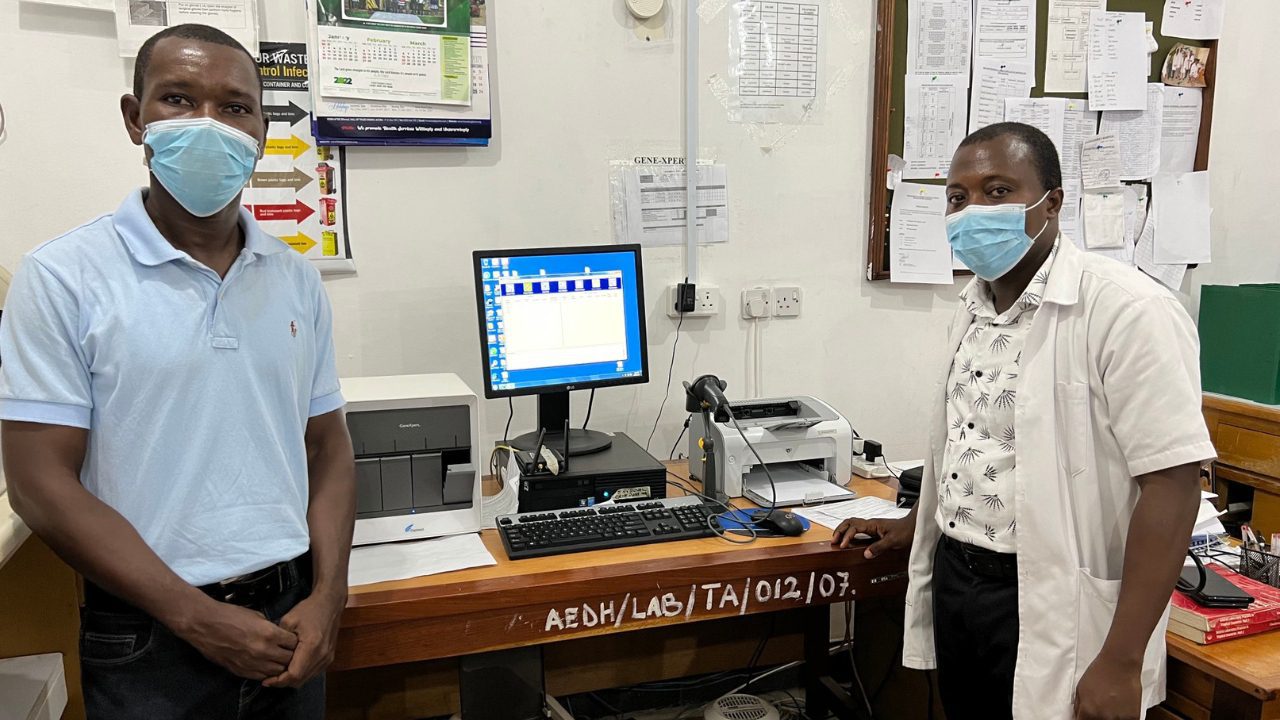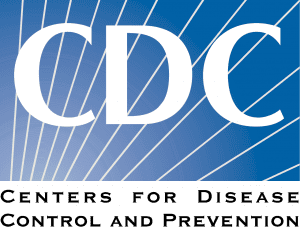NEW YORK CITY, New York (April 26, 2024)—Parasites Without Borders (PWB) is a global nonprofit that uses education to help eliminate human suffering due to parasitic infections. Malaria is one of the most common parasitic infections in the world. According to the World Health Organization (WHO)’s 2023 annual malaria report, incidences are rising, meaning that having knowledge and training accessible to medical staff and academics is critical.
“The malaria parasite and the mosquitos that carry it are living organisms,” says Dr. Daniel Griffin, co-founder and president of Parasites Without Borders. “They continue to evolve in response to our efforts, so when we attack it, it will change and adapt. We must be careful and thoughtful as nature will often find a way to survive. The research needs to stay on the cutting edge – not just on the parasite itself, but preventative measures like insecticides, mosquito control, and vaccine development. Because even though some amazing advancements have been made in the last few years, there is still lots of work to be done.”
Malaria is a serious disease found mostly in tropical regions. The malaria parasite infects the Anopheles mosquito, which then carries the disease to humans. It is preventable and curable but can be deadly if not diagnosed and treated quickly. According to WHO, Africa experiences the most malaria cases. In 2022, global malaria cases rose to 249 million, an increase of five million over 2021 and well above the estimated number of cases before the COVID-19 pandemic. Many factors have contributed to the rise in cases. Biological adaptations by malaria parasites have made diagnosis more difficult, while super mosquitos have moved from rural into more heavily populated urban areas in Africa. There is also the ever-present threat of drug and insecticide resistance. Changes in global weather conditions like temperature, humidity, and rainfall can greatly affect the parasite’s spread. For example, according to WHO, catastrophic flooding in Pakistan in 2022 led to a five-fold increase in malaria cases in the country.
There are countries that have managed to reduce or downright eliminate the parasitic pathogen, with 43 countries being certified as malaria-free. But that type of progress requires resources and funds, which some nations simply don’t have. Others must divert critical medical funding due to humanitarian crises or war. And in the ever-changing landscape of parasites, research and access to knowledge are key.
“The populations that suffer the most from outbreaks of malaria are at risk because of economic and social circumstances – lack of resources, income, access to basic healthcare, and lack of education,” explains Dr. Griffin. “That’s why Parasites Without Borders is so passionate about disseminating critical educational resources at no cost. No one should have to suffer when we have the means to prevent it. And when you examine the literature, it’s the most vulnerable members of the population that experience the most serious effects.”
Situation Dashboards

World Health Organization (WHO)

Johns Hopkins University (JHU)

COVID-19 in US and Canada






